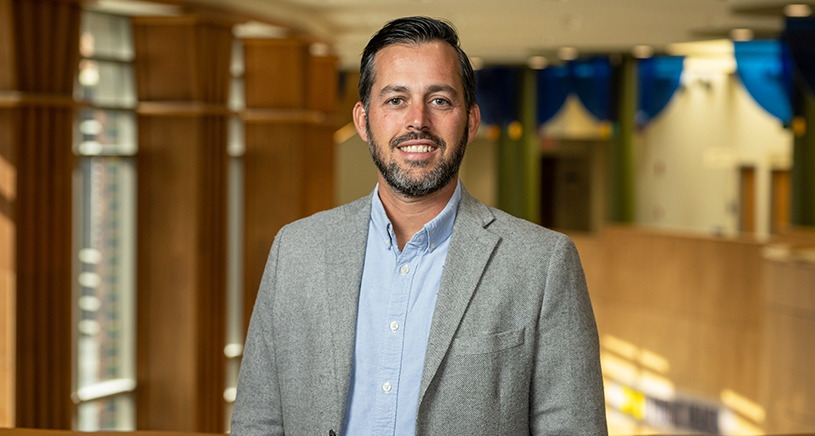Courses Taught by Paul Fleming
HBHEQ590: Principles of Community Engagement for Health Promotion
- Graduate level
- Online MPH only
- This is a first year course for Online students
- Spring-Summer term(s) for online MPH students;
- 3 credit hour(s) for online MPH students;
- Instructor(s): Paul Fleming (Online MPH);
- Prerequisites: None
- Advisory Prerequisites: None
- Description: This course will help students better prepare for engaging community members and community-based organizations for public health work. The course has three major focus areas: (1) Consideration of power, privilege, and social identities in community engagement, (2) Strategies for engaging stakeholders and building coalitions, (3) CBPR principles and other models of community engagement.
- Learning Objectives: By the end of the course, students are expected to: (1) Demonstrate critical self-reflection of how social identities, power, unearned advantage/disadvantage, and privilege impact community engagement work (2) Describe the ethical considerations for community engagement (autonomy vs. paternalism) (3) Apply the 9 principles of Community-based Participatory Research and its Core Components/Phases and how this fits with ethical considerations (4) Identify different types of stakeholder groups for a given health issue and motivations/perspectives of each (5) Strategize how to build a coalition for a specific health issue in a specific health setting (6) Demonstrate understanding of interpersonal skills required for effective community engagement

| Department | Program | Degree | Competency | Specific course(s) that allow assessment | Population and Health Sciences | MPH | Design multisector collaborations that will support all phases of population health improvement (assessment, planning, implementation, evaluation) | PUBHLTH515, HBHEQ590, HBHEQ591, PUBHLTH511 |
|---|
